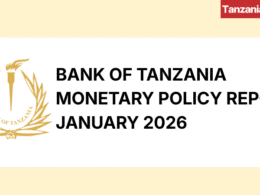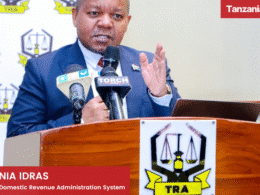International professional services firm Deloitte recently released the 2022 edition of its Africa CEO Survey that shares the perception of African private sector leaders on key issues and challenges, and documents and analyzes their approach to a series of fundamental aspects of their business model.
The survey collects data and perceptions from 194 CEOs, operating in over 50 African countries, across all regions: North Africa (13%), East Africa & Indian Ocean (18%), West Africa (40%), Central Africa (16%) and Lusophone & Southern Africa (13%).
These CEOs are asked to answer 35 questions addressing five fundamental aspects of their business model: strategy, financing & governance, innovation, human capital, and sustainability.
In his foreword, Emmanuel Gadret, Managing Partner of Deloitte Francophone Africa says: “After the last two years marked by health and economic crises, 2022 already seems to represent a year of growth that offers a more favorable environment for the continent to reinvent itself despite the war in Ukraine.”
Key Findings:
- The return of confidence and the attractiveness of African countries. 77% of CEOs surveyed express confidence in the continent’s development prospects, facilitating the emergence and growth of national and regional champions.
- African companies that are committed. 83% of CEOs have placed sustainable development issues at the heart of their strategy. This enthusiasm for corporate social responsibility among African companies is driven in particular by external pressures that are growing.
- Strong governance and increasing female leadership. More than 75% of CEOs surveyed ensure the independence of their board of directors, compared to 66% in 2020. In the face of growing uncertainty, the need for agile, transparent, and resilient governance.
- Investing in innovation. Innovation is more than ever a strategic priority: 89% of companies have now developed an innovation strategy, or are considering it in the near future.
- Financing capacity preserved. Although 12% of CEOs believe that access to financing has deteriorated, the majority (62%) of them nevertheless declares that it has remained stable over the past few months.
- Better trained and more invested talent. Strengthening and developing skills is a key growth lever (63%), whether through external partnerships (52%) or internal universities (21%).
The survey also includes Deloitte’s Africa Investment Attractiveness Index based on two main criteria: market access/size and business environment.
Deloitte stresses that the index aims to provide an overview of the investment appetite of private sector leaders but it is not designed to analyze investment conditions or rank the ease of doing business in a given country.
In 2022, the most attractive investment destination is Ivory Coast, while Tanzania ranks 8th, and 3rd in East Africa after Kenya (5th) and Rwanda (6th).











